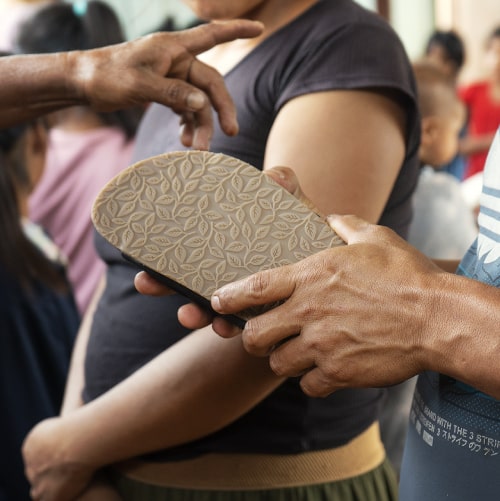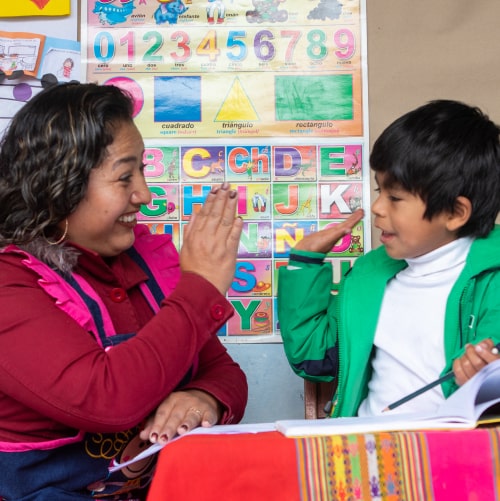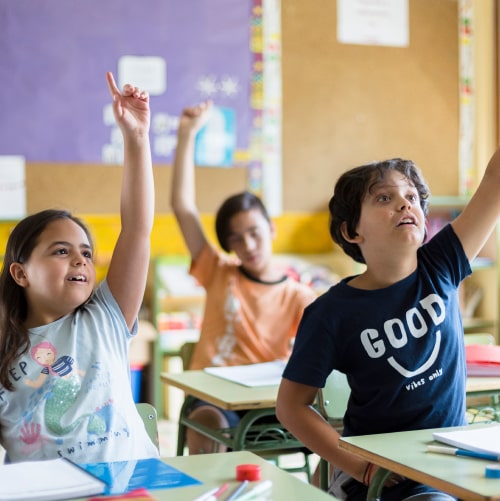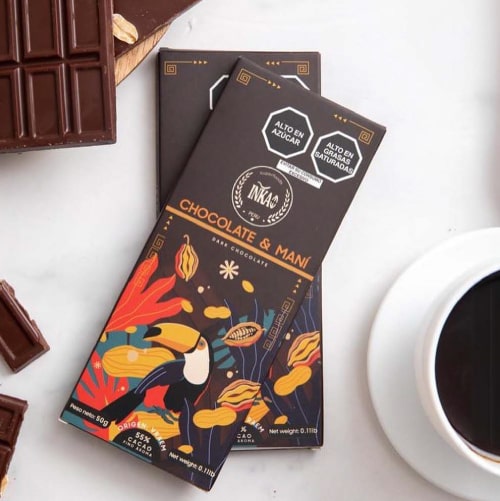We are proud to present Shiwi as one of the companies selected for the Due Diligence stage of the Entrepreneurial Fund. Phase in which, together with each team, we develop a business plan and a financing scheme to submit them to the evaluation of the Investment Committee. This committee will ultimately define the formation of the first portfolio of social businesses of the Wiese Foundation Entrepreneurial Fund.
What is Shiwi?
Shiwi offers 100% natural and eco-friendly products made from Amazonian chestnut, such as flakes, lip balms and virgin oil. It also has products made from coconut, sugar cane, among others. In this way, Shiwi demonstrates that it is possible to generate harmony between man and his natural environment through the sustainable extraction of resources.
Under that concept. Oriane Brunet, Commercial Manager of Shiwi, tells us details of the company that currently works with two networks of conservation areas.
Constitution of Shiwi as a social business
Oriane tells us that Shiwi was born in 2011, in the midst of the global financial crisis. Sofía Rubio, founder of Shiwi, culminated the biology career at that time. She and her mother have a chestnut concession of approximately 1,000 chestnut trees within the Tambopata National Reserve. That is why she knows this raw material and the world of the Amazon forest very well.
In this context, she saw an opportunity: she wanted to give a twist to what is usually done with the Amazonian chestnut (export and sell it without transformation to international markets), creating a business unit where it is given added value, in order to offer it to the market as a final product, so that the Peruvian public consumes and enjoys the benefits of this resource.
«The threat of the Amazon region is not man, it is hunger»
Shiwi was born as a result of the concern about the lack of a market for the export of its raw material, chestnut, as a consequence of the global economic crisis. That implied a risk situation for producers: due to lack of fixed income, they were forced to engage in less sustainable activities. “Because of hunger, they are going to dedicate themselves to anything, because they need to live,” says Oriane. “And that is what happens in the Amazon region, once our coconut oil producer told us “the threat of the Amazon region is not man, it is hunger”.
Social and environmental objectives
Shiwi’s mission is the conservation of Amazonian forests and protected areas, generating responsible, sustainable and fair income for chestnut producers that protect these forests. In the same way, it looks for the growth of the consumption of healthy foods and cosmetics, really ecological and beneficial for those who, although they are very far from nature, want to take care of their health.
Financial Sustainability
Shiwi seeks to position itself as the reference brand of sustainable and eco-friendly edible products and cosmetics in Peru. To do this, it uses a strategy that involves direct work with chestnut producers, in order to generate a short value chain, where you do not have to go through intermediaries that cause the loss of value of the product, while simultaneously making it more expensive and inaccessible to the final consumer.
Within its sustainability strategy, Shiwi establishes alliances with actors who are also looking to promote responsible production and consumption. Therefore, it has as allies activists such as Victor Zambrano, the man who in 30 years turned a pasture into a forest planting more than 20 thousand plants. They also maintain contact with chefs who demonstrate that it is possible to consume more sustainably, giving value to local and native products.
First allies of Shiwi
The first ally of Shiwi has been SERNANP (National Service of Natural Areas Protected by the State) that belongs to MINAM (Ministry of Environment). Shiwi chestnut comes from the Tambopata National Reserve, the first conservation area which we have worked with. Shiwi has an institutional alliance with this entity to sustainably take advantage of the resources and also work with new conservation areas.
Another very important ally for Shiwi is Conservamos por Naturaleza, an initiative of the Peruvian Society of Environmental Law. Through this initiative, Shiwi was able to identify the producers who wanted to enter the market with interesting products that contain high ecological value, derived from other raw materials such as coconut, sugar cane, among others.
Challenges of the endeavor
Although Peruvians are proud of the cultural wealth and natural resources of their territory, not all of them are aware of the relationship between the raw material converted into the final product, its consumption, the economy generated in the producing communities and the preservation of their heritage.
Therefore, Shiwi is developing a communication strategy in its market, where the origin of its products and their benefits for human health and the forest ecosystem are disseminated. However, there is still a lot of work to do, because even for the majority of Peruvians this is still an unknown issue.
On the other hand, access to some small producing communities is difficult because of the routes, since we have to walk between 4 and 8 hours to get in touch with them to involve them in the work within the conservation areas.
Wiese Foundation Entrepreneurial Fund
For Shiwi, the Wiese Foundation Entrepreneur Fund is a great growth opportunity because it has a full staff of professionals, who are the perfect references to identify the strategy they need to grow as a social business: “It is just what we are looking for, because our business model walks, works, but we need to be able to make it scalable, make it grow, and we need not only access to financing, but also to have advice, support to identify some weaknesses”, says Oriane.
Shiwi takes the opportunity to be a finalist and be in the Due Diligence stage, since it can review, through consultants, its entire in-depth business model. “Reviewing numbers, structure, strengthening our vision to have that well marked goal and of course being one of the portfolio finalists and accessing the financing we need to be able to scale,” says Oriane.
She also tells us that in the framework of the Due Diligence stage of the Entrepreneurial Fund, Shiwi, the Wiese Foundation and NESsT visited the Chestnut Seller Association to learn about the daily life of these producers. The chestnut sellers told them that they go into the forest for 3 consecutive months to work, “camp style” in the chestnut harvest. They also met with other conservation actors in the region, and during these visits the aforementioned actors told them the love they feel for the forests of the Amazon region they seek to protect.
When you buy Shiwi products you are part of environmental conservation, because you contribute to the guardians of the protected areas of the Amazon region, who work in harmony with nature.








